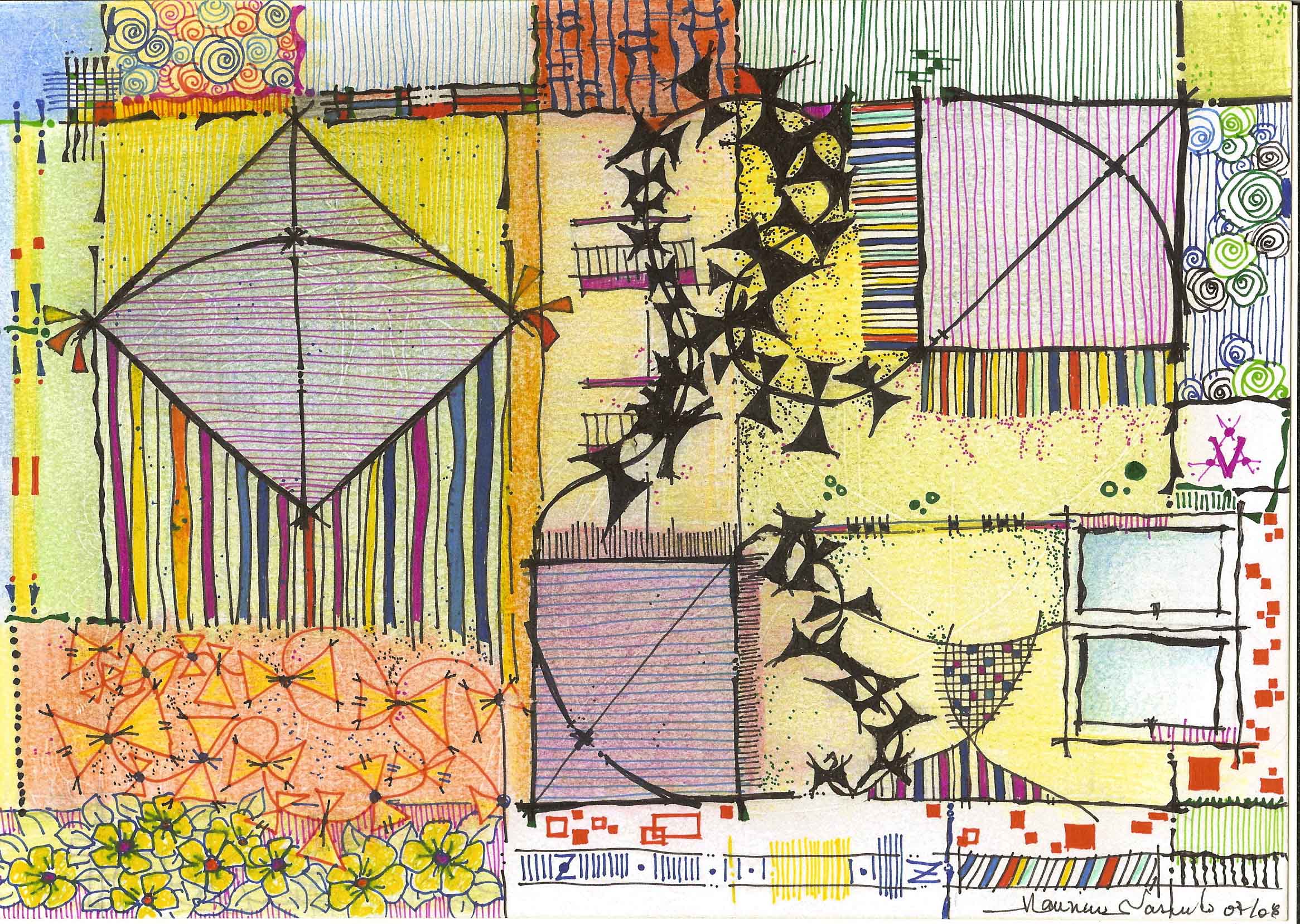A representação do acusativo nas formas dos paradigmas ‘tu’ e ‘você’ em cartas de amor do litoral e do sertão pernambucano
DOI:
https://doi.org/10.22478/ufpb.1983-9979.2021v16n1.58717Keywords:
Accusative strategies. Variation. Love letters. Pernambuco.Abstract
In this article, we seek to analyze the representation of the accusative in the paradigm forms tu (you) and você (you) in the love letters from the coast and the backlands of Pernambuco. We are based on the results reached in previous studies of the Project for the History of Brazilian Portuguese (PHPB), aiming to expand investigation based on the documentary collection of Pernambuco manuscripts from the 19th and 20th centuries. The selected corpus comprises 80 love letters, 40 letters exchanged by a couple from the seaside region, and 40 exchanged by a couple from the backlands of Pernambuco. In order to analyze the accusative morphosyntactic context in the letters from Pernambuco, we adopted working with a group of specific factors, to systematize the analysis by rolling the data in the Goldvarb X program: treatment in the subject position, form of representation, syntactic organization pattern, sex, age, period, kinship, location, and subgender. In the investigation, the overall picture of the accusative use demonstrated that the pronouns of the third person paradigm - você (you) on the coast and lhe (you) in the backlands - were the predominant strategies in the letters. The clitic te (you), in both regions, was the second most used strategy by the writers. In the backlands, an occurrence of the clitic o/a (the) was computed, an absent strategy in the coast corpus. This panorama seems to show an “instability-stability” movement in the accusative function, since, from introducing the form você (you) in the Brazilian pronominal paradigm, there was a reorganization of the subsystems in which third-person forms may be predominant (albeit timidly), however, they cannot exclude/minimize the use of the clitic te (you) in this function.










